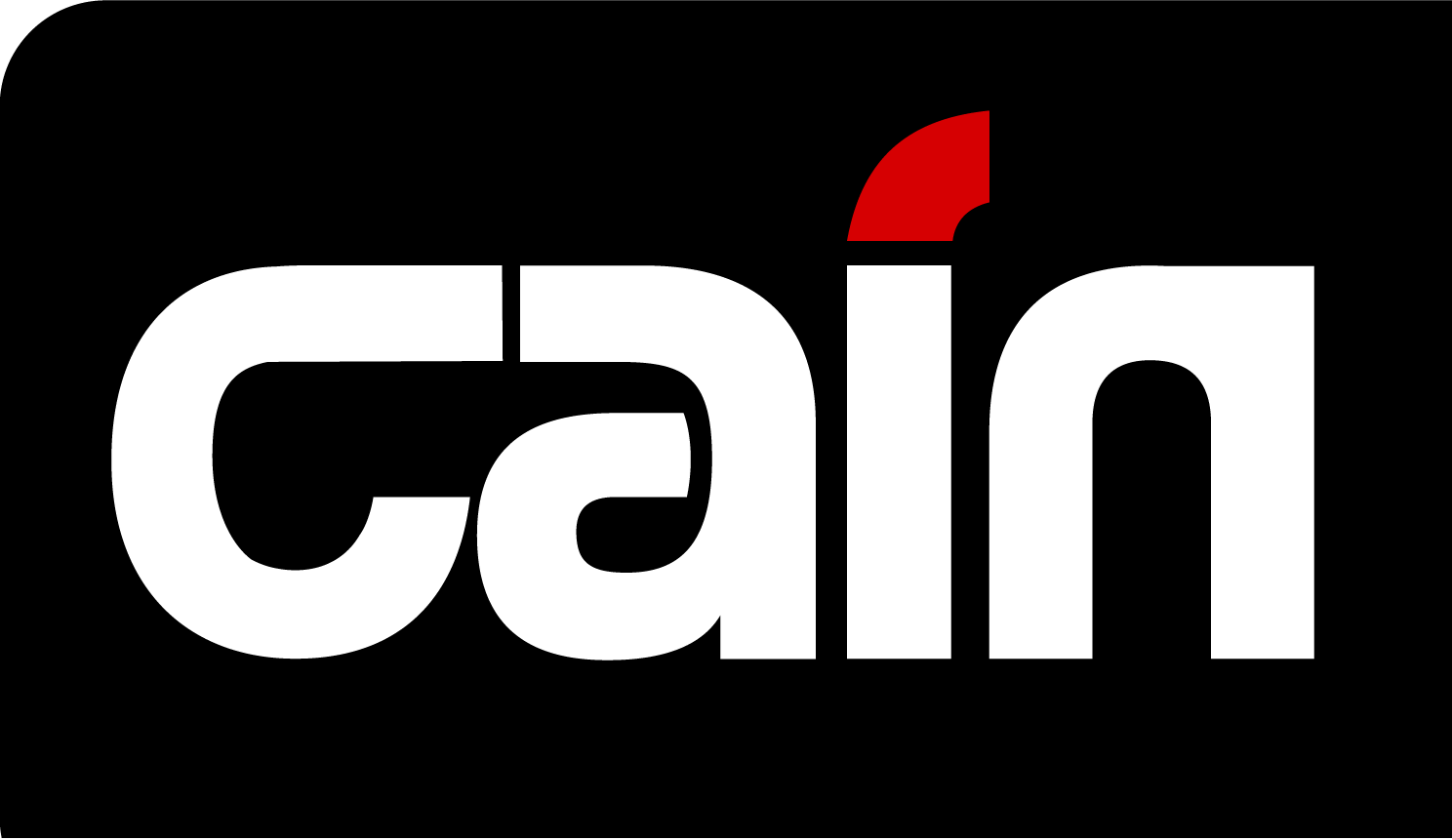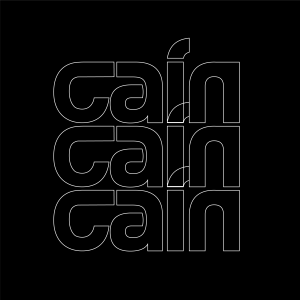The National Action Party (PAN) recently announced its relaunch, highlighting changes in its alliance policy and openness to society. However, this change sounded hollow, sparking criticism and skepticism on social media.
The skepticism centers on the leadership’s apparent inability to undertake genuine structural self-criticism and implement the necessary rotation of personnel, suggesting that the reforms are superficial and intended to perpetuate the control of internal elites.
One of the pillars of the relaunch was the official announcement of breaking the alliance with the PRI, a decision driven by the current leader, Jorge Romero. In his speech, Romero was categorical: the future of the PAN “does not depend, nor will it depend, on any party alliance, past, present, or future,” betting everything on the party’s internal strength.
This is a superficial break, since the elite that benefited from the losing alliances is the same one now leading the “refounding” (Romero’s clique). The party is trying to resolve an external perception problem (the PRI’s decline in popularity) without purging its own internal vices that led to its electoral failure.
On the ideological front, the PAN reaffirmed a return to its founding principles and a consolidation of its right-wing identity, under the slogan “homeland, family, and liberty.” Romero emphasized that the new political offering and narrative will be based on “total fidelity to our doctrine” and the legacy of its founders.
The leadership also announced a “complete opening” to membership for any citizen and a new system for selecting candidates. Jorge Romero promised that “appointments as the sole criterion are over.”
The new mechanisms include open primary elections for all citizens, polls, and votes by party members, seeking more transparent processes that take people’s opinions into account. However, simply modifying the bylaws is insufficient if the filters of de facto power within the leadership are not removed.
The announced changes—the logo redesign, the cancellation of the alliance strategy with the PRI, and the redefinition of its platform—fail to improve the party’s competitiveness at the polls. By opting for a vindication of the Calderón era and a return to the hardline ideology of “Fatherland, Family, and Liberty,” the PAN chose a position of ideological refuge over one of electoral expansion.
If the party fails to engage in sincere self-criticism regarding the causes of its defeats and continues to maintain figures in leadership who embody its vices, the relaunch will be remembered not as a genuine refounding, but as the moment when the PAN prioritized the survival of its internal clique over the need to reconnect with society and build a credible alternative for 2027.

